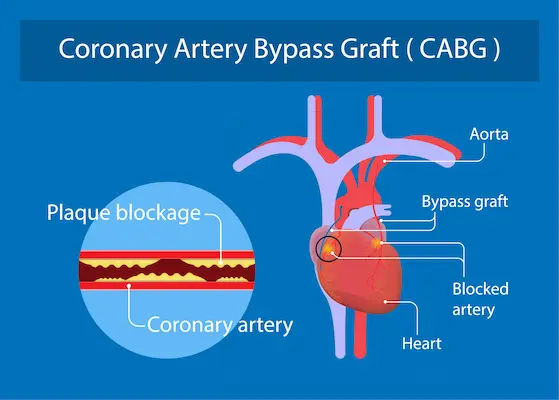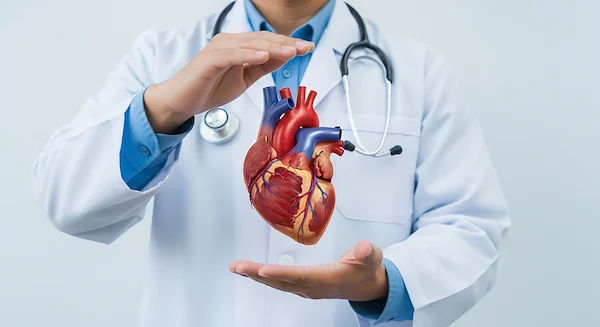- Male
- 22 Years
- 22/01/2025
I'm currently taking metoprolol 50mg every day, and I've been on it for the past three years. I have mitral stenosis and am starting to get concerned about any long-term side effects tied to metoprolol. Could you please let me know what I should keep an eye out for?
Answered by 1 Apollo Doctors
taking metoprolol 50mg for 3 years with mitral stenosis can have some long-term side effects. Some common side effects of long-term metoprolol use include fatigue, dizziness, slow heart rate, and cold hands or feet. In some cases, it can also lead to worsening of heart failure symptoms. It is important to monitor your blood pressure and heart rate regularly while taking metoprolol. If you experience any new or worsening symptoms, please consult your healthcare provider for further evaluation
Dr. Dr Khaleel Suggests...
Consult a Cardiologist
Answered 04/07/2025
0
0

More Cardiology Health Queries
View allI had a gastric issue that was resolved with medication, but I recently did a complete blood test. The results showed my hs-CRP level is 9, though my cholesterol levels are normal. I'm really curious about what this means and if there's something I should be concerned about. Could you help explain this?
suggestive of cardiac infection advised an ecg and cardiac markers for the diagnosis of any pathological anomaluy..
Answered by 1 Apollo Doctors
Can a young person really die from hypertension? I'm super anxious because whenever I get anxious, my heart starts racing and I worry it might lead to a sudden cardiac arrest. Is that something I should be concerned about?
Hypertension can lead to serious health complications if left untreated, including an increased risk of heart disease, stroke, and kidney damage. While it is rare for a young person to die directly from hypertension, it is important to manage and control high blood pressure to prevent long-term complications. Anxiety itself does not directly cause hypertension, but it can contribute to temporary spikes in blood pressure. It is important to address and manage anxiety to prevent these spikes and reduce the risk of complications. In your case, managing anxiety may help reduce your heart palpitations and lower the risk of sudden cardiac arrest. To help manage your anxiety and reduce the risk of complications, you can consider speaking with a healthcare provider about potential treatment options. Additionally, practicing relaxation techniques, regular exercise, and maintaining a healthy lifestyle can also help improve your overall well-being.
Answered by 1 Apollo Doctors
What does a borderline ECG with an unconfirmed diagnosis mean on an ECG report? Is it something I should be worried about? My heart rate is 93, PR is 99, QRS duration is 82, QT is 330, and QTC is 411. Could you help me understand what these numbers indicate?
Borderline ECG unconfirmed diagnosis means that there are some findings on the ECG that are not definitive enough to make a clear diagnosis. In your case, with a heart rate of 93, PR interval of 99, QRS duration of 82, QT interval of 330, and QTc interval of 411, these values are within normal limits. However, it is important to follow up with your healthcare provider for further evaluation and interpretation of the ECG results. No specific medication is needed based on this information.
Answered by 1 Apollo Doctors
Disclaimer: Answers on Apollo 247 are not intended to replace your doctor advice. Always seek help of a professional doctor in case of an medical emergency or ailment.





